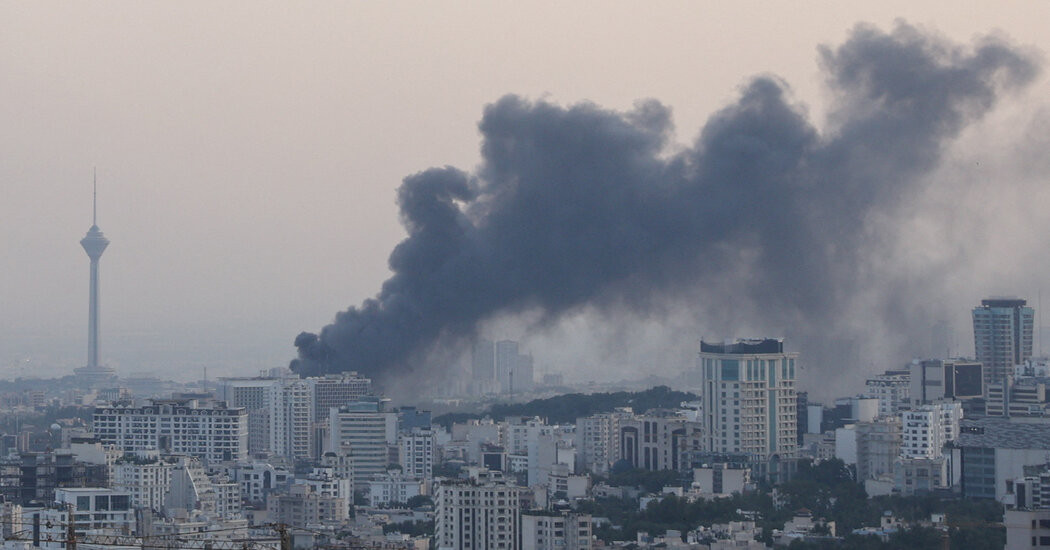

China, which depends on Iran for oil and to counter American influence, has a lot to lose from a wider war. But there’s not much it can do about it.
When China helped negotiate a peace deal between Iran and Saudi Arabia in 2023, it hailed the breakthrough as a victory for Chinese diplomacy and a sign that America’s chief geopolitical rival had emerged as a major power broker in the Middle East.
But as President Trump openly ponders deploying American forces to join Israel in attacking Iran, the limits of China’s clout in the region are coming into focus.
China has much to lose from a runaway conflict. Half of the country’s oil imports move in tankers through the Strait of Hormuz on Iran’s southern coast. And Beijing has long counted on Tehran, its closest partner in the region, to push back against American influence.
But despite those strategic interests, China, which has little sway over the Trump administration, is unlikely to come to Iran’s defense militarily, especially if the United States gets involved.
“The reality is they don’t actually have the capability to insert Chinese forces to defend Iran’s installations,” said Zack Cooper, a senior fellow at the American Enterprise Institute in Washington. “What they would prefer to do is very quietly provide some material support, some rhetorical support and maybe some humanitarian aid.”
Though China favors stability in the Middle East, it could also gain if the United States gets roped into a prolonged war there, which might divert American troops, ships and other military resources away from Asia.



